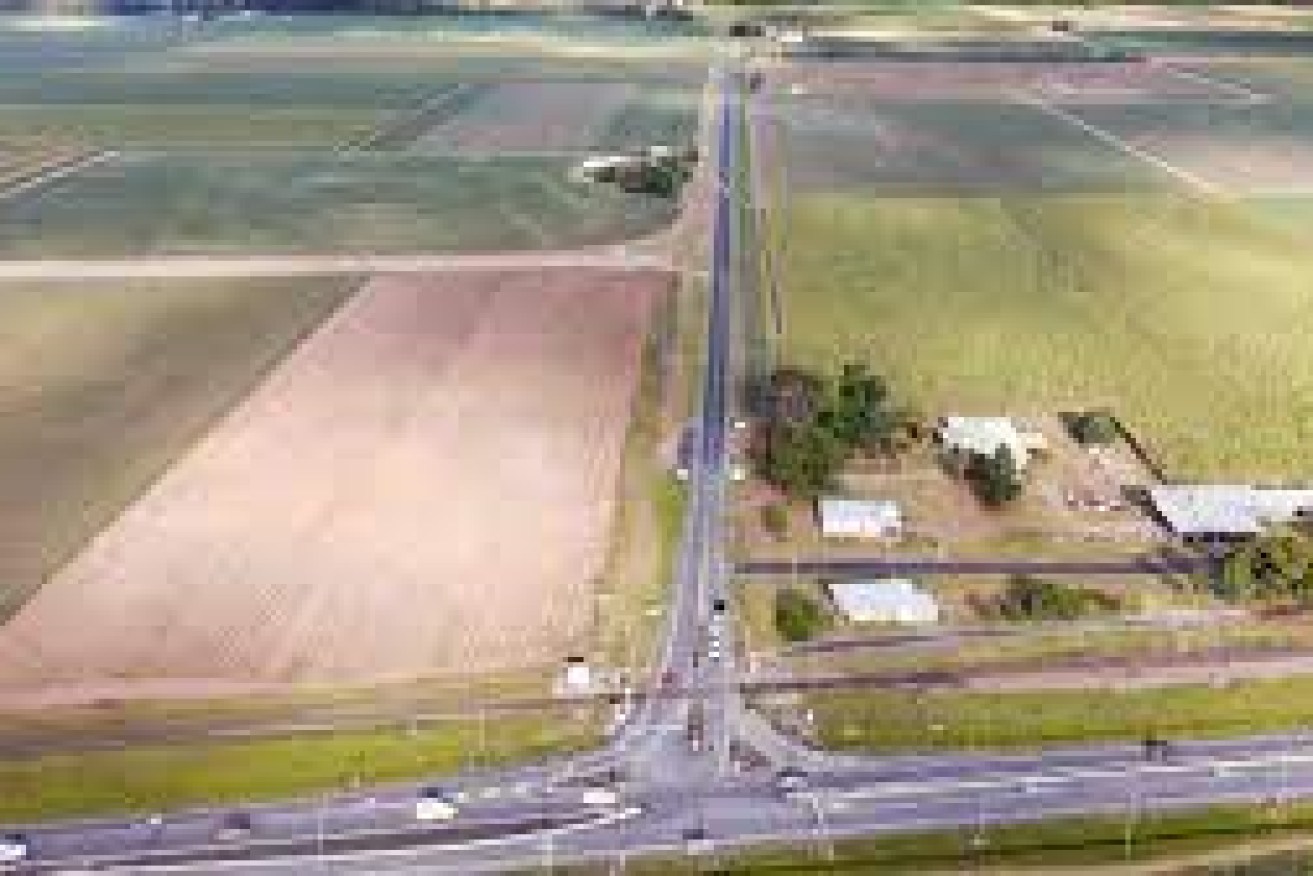Ground assault: North Queensland warned about explosion of deadly soil-borne disease
Urban expansion in far north Queensland has been linked to a rise in a potentially fatal soil-borne disease.

Melioidosis is a rare but potentially dangerous bacterial disease prevalent in tropical regions around the world, with almost 400 cases recorded by Cairns Hospital in the past 20 years.
However, there were more than double the typical number of cases in the area recently, with 48 recorded at the hospital in 2020 and 49 to date this year.
After studying local climatic factors and examining 297 cases, a Cairns and Hinterland Hospital and Health Service research team believes the rise of melioidosis is linked to a new motorway south of Cairns.
Research team leader Simon Smith said the motorway was built mostly through soils and clay with poor drainage, which could encourage the growth of the bacteria that causes melioidosis.
The disease occurs when skin abrasions or wounds come into contact with wet soil or water contaminated by the bacteria.
“Before the expansion of the southern motorway in Cairns in 2011, there was only one case of melioidosis that occurred within 1km of the existing road, and two cases within two kilomtres,” Dr Smith said.
“However, after the road construction started in 2011, 15 cases occurred within 1km of the highway and 27 occurred within 2km.”
While only three cases were employed in the construction industry, Dr Smith said the study highlighted the dangers of working and gardening in soil and mud in the tropics.
Outbreaks of the illness usually happen after extreme weather, but researchers found only one cyclone had occurred within 200km of their study area in 20 years.
Melioidosis is very uncommon in healthy adults and children but people with diabetes, kidney problems and lung problems are prone to infection.
It can also occur in people on medication that lowers the immune system or those who drink too much alcohol.
The disease may first appear as skin infections or abscesses.
Dr Smith said symptoms include fever, cough and difficulty breathing and “almost always” resulted in hospitalisation.
“The biggest lesson to learn from this project, is that anyone working in soil or muddy water – particularly after heavy rains – should wear footwear and use gloves while working outdoors,” he said.












